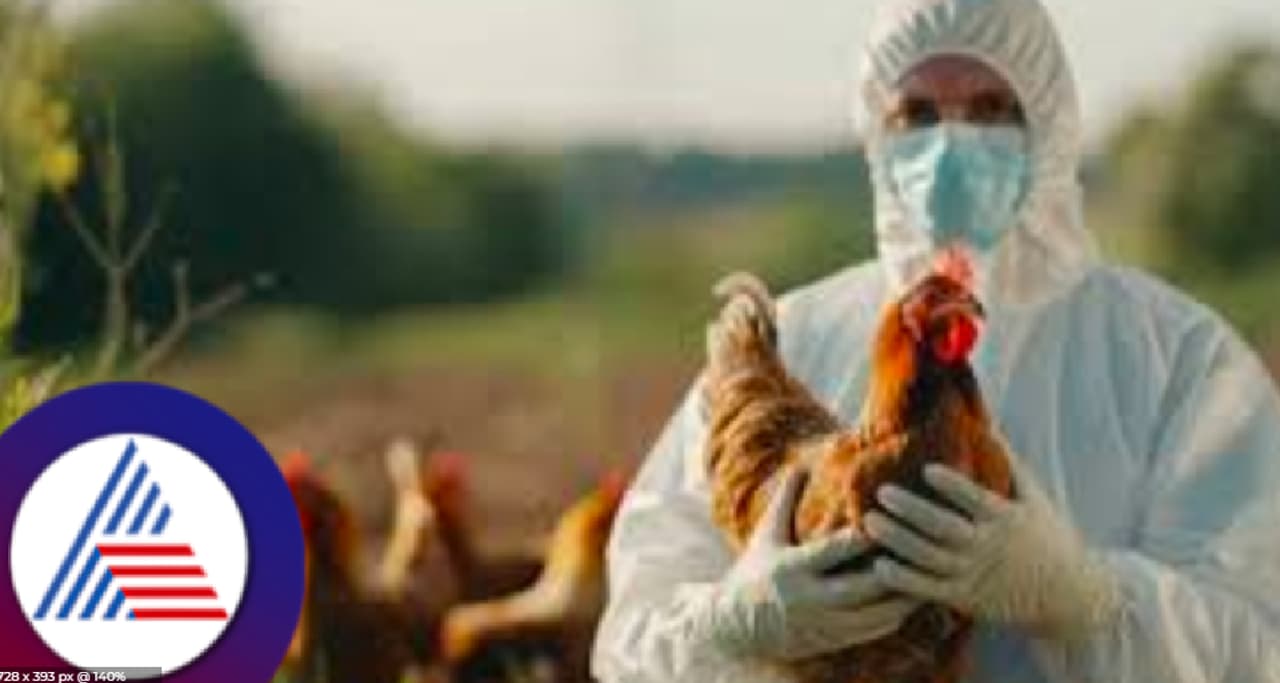Bird Flu: Can it spread to humans? Learn symptoms, prevention, and safety tips
Bird flu is causing concern in Andhra Pradesh and Telangana. Officials have confirmed cases in several districts of AP, prompting a government alert. Rumors circulated about a person in Eluru dying from bird flu. How true is this? Can bird flu spread to humans? What precautions should be taken? Let's explore these details.

Bird flu is causing widespread concern, making people hesitant to consume chicken and eggs. The government in West Godavari district has even put up signs advising against chicken consumption. Velpuru in Tanuku Mandal has been declared a red zone, and residents are advised to avoid chicken. Strict measures are being taken to prevent the spread of bird flu, including removing chicken from the menu of tribal welfare schools and EMRS schools until further notice. Alternative vegetarian dishes, fruits, and sweets will be provided.

The rumors are false.
Social media was abuzz with rumors of a person in Unguturu Mandal, Eluru district, testing positive for bird flu after showing symptoms near a poultry farm. However, officials have clarified that these rumors are false. Eluru District Collector K. Vetriselvi dismissed the rumors and criticized the spread of misinformation without verifying facts. She urged people not to spread false news without consulting authorities.
Bird Flu Concerns
Can it spread to humans?
Bird flu can spread to humans, especially those working in poultry farms. Direct contact with infected poultry and then touching eyes or mouth can transmit the virus. However, officials say human transmission is rare. The virus dies at 70°C, and chicken is usually cooked at around 100°C, eliminating the virus.
Symptoms:
Experts say potential symptoms in humans include high fever, severe sore throat, dry cough, headache, fatigue, body aches, difficulty breathing, chest pain, constipation or diarrhea, stomach pain, and red eyes.
How to cook chicken safely:
Experts recommend precautions when cooking chicken amid bird flu fears. Cook chicken thoroughly, avoid direct contact with raw meat (use gloves), and cook at 70°C to kill the virus. Wash chicken with hot water before cooking while wearing a mask. Wash utensils thoroughly and dry them in the sun. Avoid touching your eyes or nose after handling raw chicken.
Note: This information is for general knowledge only. Consult a doctor for health-related advice.
Explore the latest Lifestyle News covering fashion, wellness, travel, Food and Recipes, and more. Stay updated with trending Health News, fitness tips, and expert insights to inspire your daily living. Discover personalized lifestyle trends that keep you stylish and informed. Download the Asianet News Official App from the Android Play Store and iPhone App Store for everything that adds value to your everyday life.